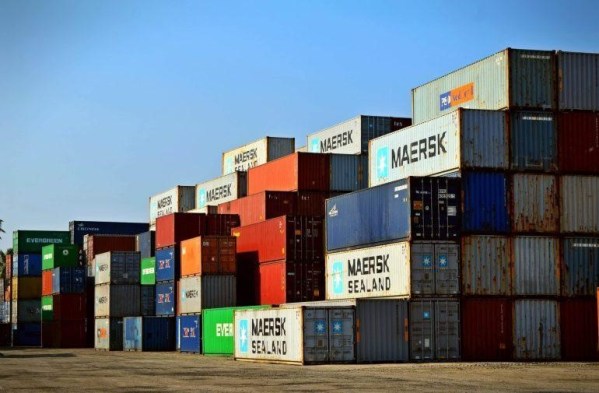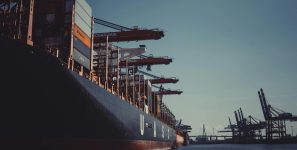A Carbon Neutral Path for Maersk Still Requires LNG
A.P. Moller-Maersk is still on course to hit its carbon emissions targets, but market forces are demanding they take an alternate route.
Read also: Maersk Predicts Prolonged Trade Disruptions into 2024 Amid Red Sea Conflict
Methanol has been pitched to replace heavy fuel oil, bunker fuel, which has long-powered maritime vessels and contributes to ocean shipping’s balance of 3% of all global greenhouse-gas emissions annually. Maersk, like many other shipping giants, signed on and ordered 25 ships that could run on bunker fuel and methanol. However, a nagging worry for the industry had always been the methanol supply and, ultimately, the price tag to make this industry-changing shift.
Global methanol production at the end of 2022 was approximately 30,000 tons. Maersk alone would need nearly 1 million tons to operate its new ships for a year. Nearly two years later, the supply glut has not improved, and the price of green methanol available is nearly twice as much as bunker fuel.
Green methanol is a term used to describe the output of liquid methanol produced using renewable energy, most frequently solar or wind power. For the time being, its production remains limited, which translates to higher prices. As a result, Maersk is shifting to adding new vessels to its fleet that run on liquefied natural gas (LNG) despite having promised to avoid LNG-powered vessels in the past.
The transition to clean maritime shipping is a costly undertaking. Clarksons Research puts the price tag at over $3 trillion for a switch to new forms of power. The effort to produce alternative fuels at the scale needed for global shipping remains vastly underdeveloped, leaving shippers like Maersk with few options. LNG vessels emit 25% less carbon than bunker oil-fueled ships but more than methanol-powered ships, which emit no carbon dioxide.
The shipping industry’s carbon emissions target is to cut emissions in half by 2050 as compared to 2008 levels. The United Nations maritime regulator, the International Maritime Organization, monitors progress, and shipping companies like Maersk have their own goals.
Adding LNG vessels is not expected to derail Maersk from meeting its goal of a carbon-neutral fleet by 2040. However, an alternate route to a carbon-neutral future was required in a year marked by geopolitical challenges and higher operating costs.





Leave a Reply